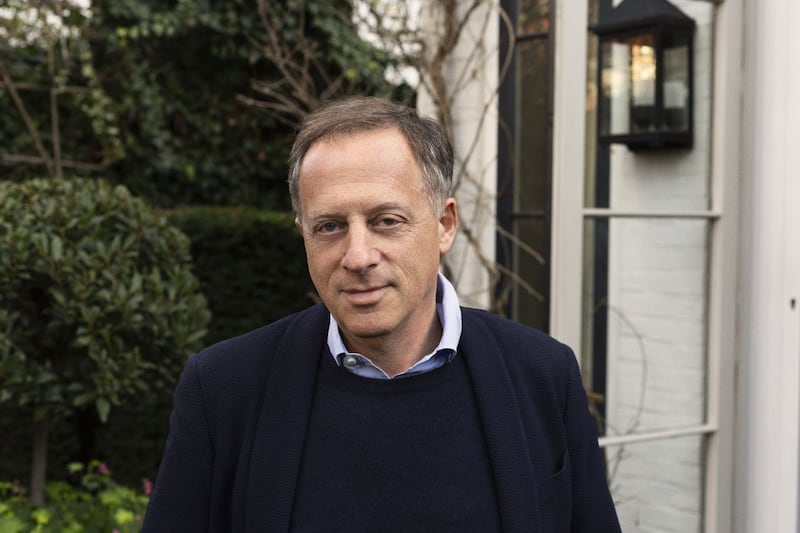Veteran TV executive Dr Samir Shah is the Government’s preferred candidate to become BBC chairman, Culture Secretary Lucy Frazer has announced in a statement on social media.
The role was vacated earlier this year by former Goldman Sachs banker Richard Sharp, who resigned after failing to declare his connection to an £800,000 loan made to Boris Johnson.
Since then Dame Elan Closs Stephens has been acting BBC chairwoman.
A statement from Lucy Frazer on X, formerly Twitter, said: “I have today confirmed that Dr Samir Shah is the Government’s preferred candidate for the position of BBC Chair.
“With a career spanning more than 40 years in TV production and journalism, Dr Shah has a wealth of experience to bring to the position of BBC chair.
“He has a clear ambition to see the BBC succeed in a rapidly changing media landscape, and I have no doubt he will provide the support and scrutiny that the BBC needs to meet the challenges and opportunities of the future.”

Dr Shah is currently chief executive of award-winning production company Juniper TV, which makes a number of political and current affairs programmes.
He was previously the BBC’s head of television current affairs, and later ran the BBC’s political journalism department at Millbank.
His appointment comes at a time of increased pressure on the corporation after it was reported that Prime Minister Rishi Sunak is set to block a 9% hike in the licence fee.
The licence fee freeze is due to come to an end in April 2024, with a £15 annual rise expected, but the Government has said that increase seems “high.”
The corporation is seeking to make £500 million of savings in the face of high inflation and the two-year freeze on the fee, which provides most of its funding.
If the licence fee does not rise the BBC will be put under further financial pressure.








